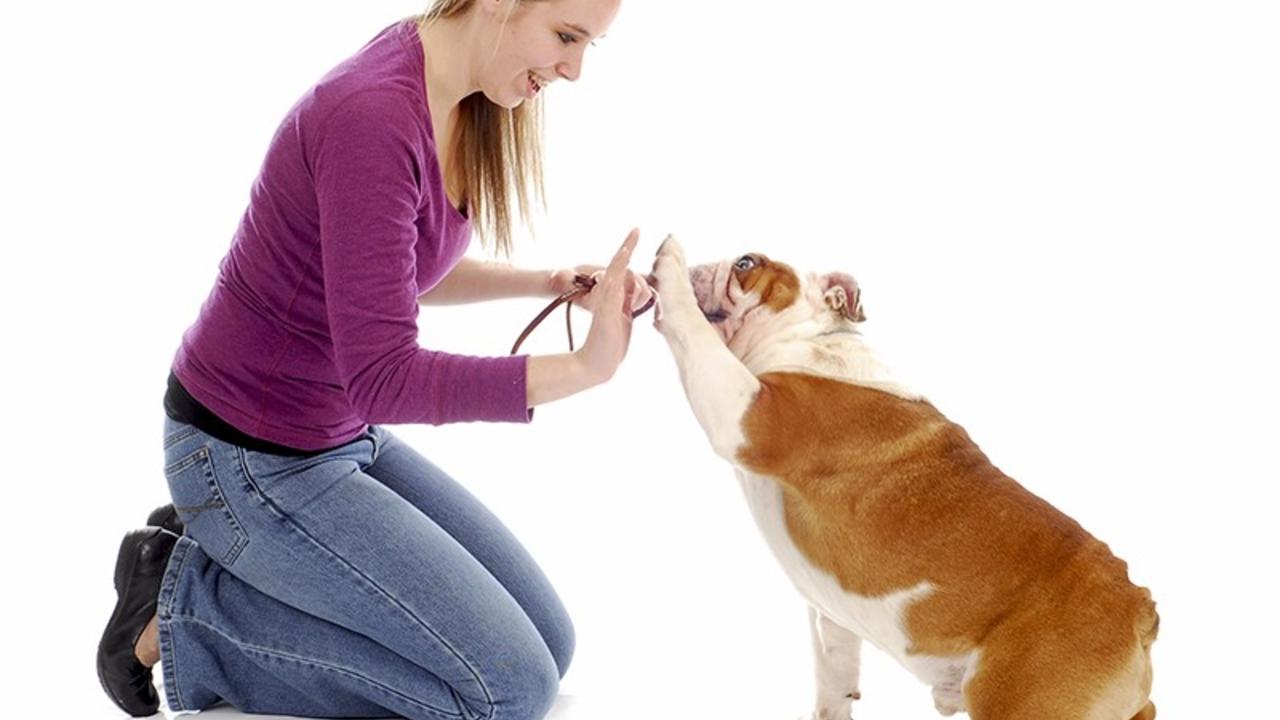
There are many important skills that are important to being effective in your training with your dog. These include your handling skills, controlling your own body language, understanding your dog’s body language and many other essential traits/skills. However, when you are first starting training, or even if you have been training for some time, this post will cover what we consider to be essential to gaining success in training your dog.
Patience
It can be a frustrating and challenging time for us during training, especially with a new or young dog. There are many factors that contribute to this, primarily the miscommunication that occurs between us and our dogs. Dogs communicate mainly through body language and we do so verbally. It presents many challenges. As well, they are learning (and often so are we during this time!). We need to remember this and understand that they are on a learning curve. The behaviour is not going to change over night. Think of it as the same as learning a new sport. Let’s say you are learning to skate. At first you learn how to balance on skates and then progress from there. With our dogs we often forget this during the training. We expect that once they learn a skill they should be able to understand and apply it in all situations. We must be patient. There will be frustations, but we must remind ourselves about this and show patience while we teach them.
Consistency
Dogs require consistency to best understand what is expected of them. We struggle with this as we rely on our verbal language. For example, we can say that you can do something this time because… For dogs we cannot do this. They do not understand that they can jump on us today because we are as happy to see them and are wearing our casual clothes, but they cannot do it another time when we are wearing our nice clothes or their paws are muddy. We have to be clear and teach them rules are always the same. This makes things much more clear for our dogs and less frustrating for us. Another example( and one we see frequently in class) is when an owner may ask a dog for a sit, the dog lies down and the owner thinks the dog is just so darn cute and is trying so hard, so deserves a reward. As a result, the dog hears sit, lies down and gets a treat. They then don’t understand when they may do it again and the owner gets upset with them. Consistency is critical and will ensure faster and better success in your training!
Timing
By having good timing, we are able to tell the dog exactly when they have performed a requested behaviour. In our training classes, we primarily use a ‘yes’ in the foundation classes, but this would be the same as using a clicker (both of these are referred to as reward markers). This marker is used to let the dog know they did something good and is another tool that ensures training progresses faster and effectively. It proves to be a key part of communication in training and your timing is important. For example, you ask your dog to sit and they do, then you go to get a food reward and in this time your dog scratches his ear and lies down. You give him the treat when he lies down, so in his mind, he has learned he gets the reward for lying down when he hears sit. However, if you use a marker such as ‘yes’, you can achieve better timing. In the above example, if you use your ‘yes’ as soon as the dog’s bum hits the floor, you provide the dog correct feedback at precisely the right time.
A reward marker is also a key part of removing food in your training. If you introduce it and associate it with good things early in your training, this allows you a way to still offer a reward once your dog understands a skill. For example, a two year old dog has responding well to a sit cue for most of its life. At this time, the owner no longer offers a food reward to the dog for the sit, but still provides the reward marker to communicate to the dog they did something good!
How we behave and interact with our dog is critical to our training. There are many things to keep in mind, but by paying close attention to these skills, you will begin to see continued success!




